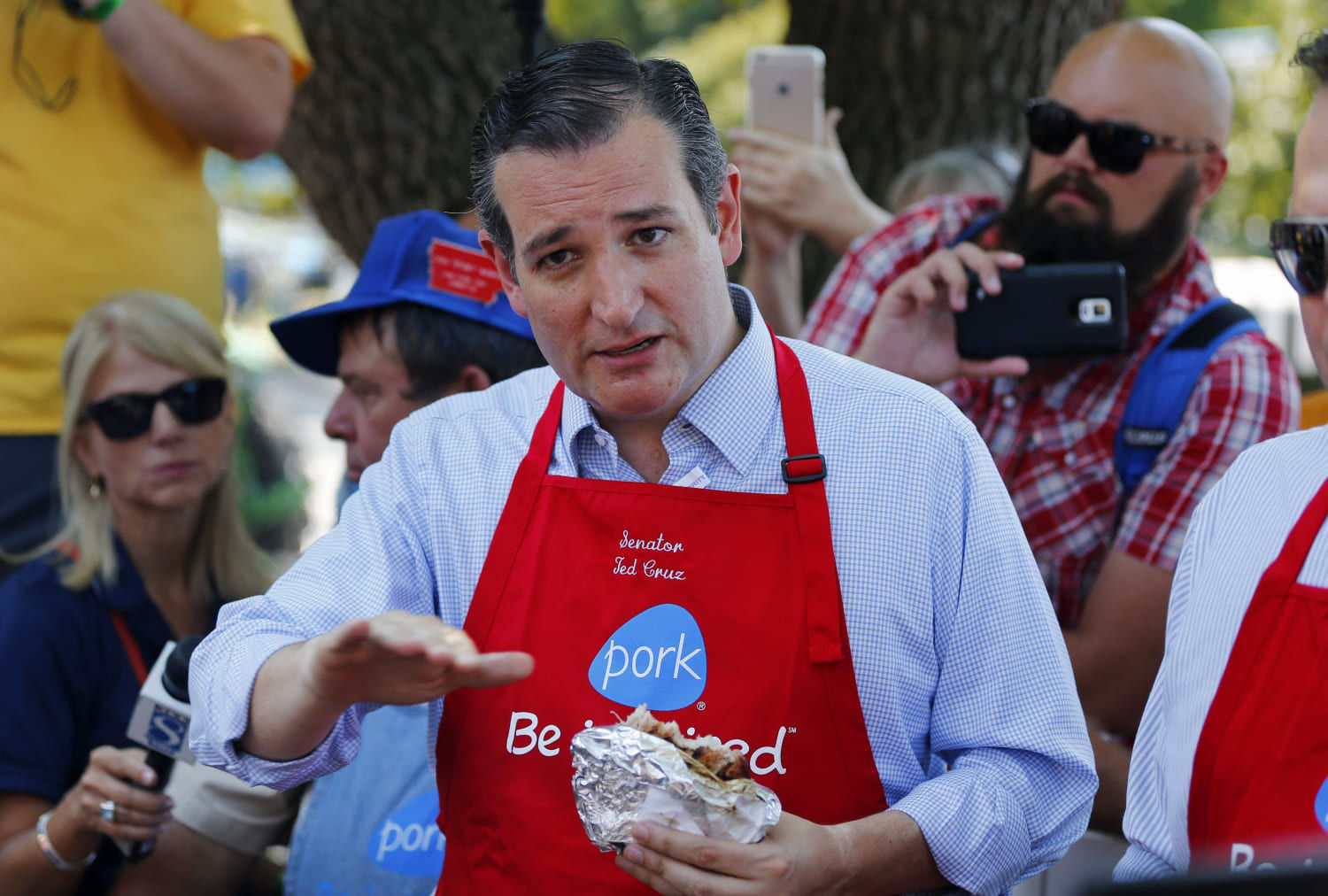Recent inspections at a Boar’s Head processing plant uncovered a disturbing reality: bugs, mold, and mildew were found throughout the facility. These unsanitary conditions have been linked to a deadly listeria outbreak. The revelation has sparked concerns about food safety and public health. Meanwhile, Senator Ted Cruz offered a controversial response, suggesting the tainted sandwiches be given to undocumented immigrants instead of preloaded debit cards.
The Boar’s Head Outbreak: A Public Health Crisis
Health inspectors found the Boar’s Head plant, known for producing premium deli meats, in shocking disrepair. The presence of bugs, mold, and mildew has been directly connected to a listeria outbreak that has already claimed several lives. The public’s trust in one of America’s most recognized food brands has taken a severe hit.
Health officials have urged consumers to avoid Boar’s Head products until further notice. They warned that the contamination poses a serious risk to anyone who consumes the affected items. Boar’s Head has issued a recall, but the damage to its reputation may be lasting.
Ted Cruz’s Controversial Proposal
In response to the outbreak, Senator Ted Cruz proposed a unique solution. Rather than discarding the tainted sandwiches, Cruz suggested distributing them to undocumented immigrants as an alternative to preloaded debit cards.
“Why waste perfectly good sandwiches?” Cruz quipped in a recent interview. “Instead of handing out cash or debit cards to people who crossed the border illegally, why not offer them a meal? They’re always saying they’re hungry. Here’s a solution that benefits everyone—no money wasted, and they get fed.”
Public Reaction: Outrage and Disbelief
Cruz’s proposal has ignited a firestorm of reactions. Many see his comments as insensitive and dangerous, arguing that he trivializes a serious public health issue. Critics point out that distributing potentially deadly food is reckless and inhumane, regardless of immigration status.
“This is not a joke,” said a public health advocate. “The listeria outbreak has already claimed lives. Suggesting these tainted sandwiches be given to anyone is beyond irresponsible.”
Supporters of Cruz argue that his proposal draws attention to what they see as misplaced priorities in government spending. They believe offering food instead of financial assistance sends a strong message about the value of taxpayer dollars.
The Bigger Picture: Food Safety and Political Rhetoric
The Boar’s Head listeria outbreak highlights significant concerns about food safety in the United States. It also shows how quickly public health issues can become entangled in political debates. While the contamination at the plant poses a real danger, Ted Cruz’s response adds complexity to the discussion.
As the investigation into the Boar’s Head plant continues, health officials remain focused on ensuring that contaminated products are removed from the market. Meanwhile, the broader conversation about handling undocumented immigrants—and the resources allocated to them—continues to be a hot-button issue in American politics.
What’s Next?
With the listeria outbreak still unfolding, the public will closely watch how Boar’s Head addresses the contamination and resulting fallout. At the same time, Senator Cruz’s controversial proposal will likely fuel further debate, both about immigration policy and the ethics of using tainted food as aid.
Key Takeaways
- A listeria outbreak linked to a Boar’s Head processing plant has been traced to unsanitary conditions, including bugs, mold, and mildew.
- Senator Ted Cruz suggested offering the contaminated sandwiches to undocumented immigrants instead of preloaded debit cards, sparking outrage and debate.
- The situation highlights the intersection of public health concerns and political rhetoric, raising questions about food safety and government priorities.















